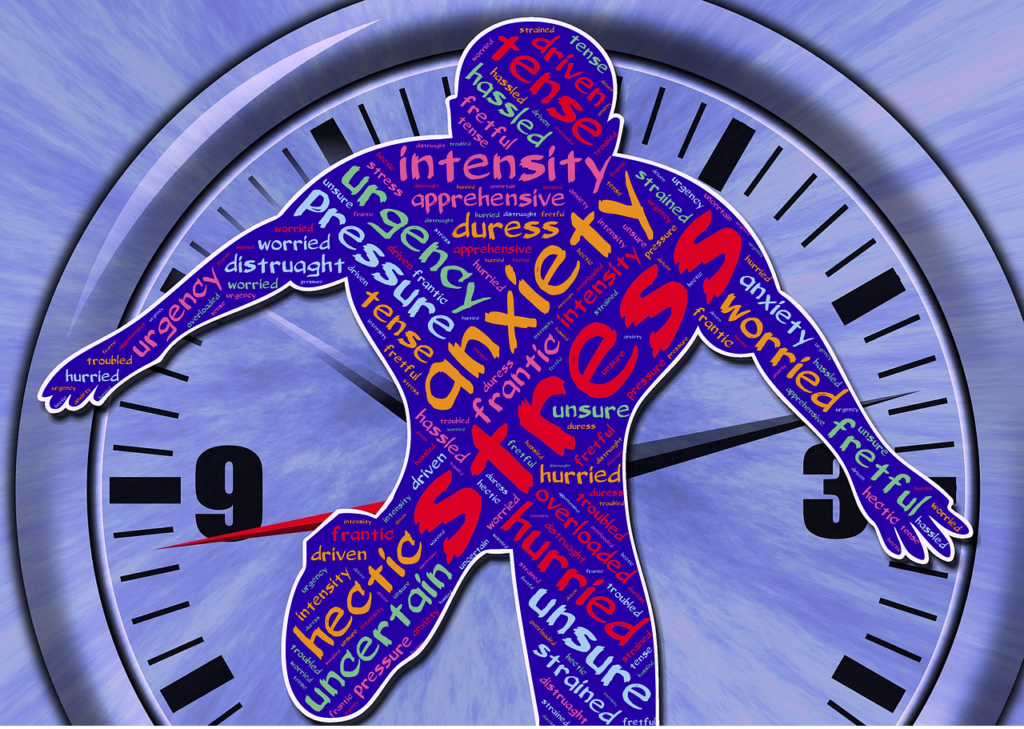
Embarking on the journey of therapy can feel daunting, especially if it’s your first time. You might be filled with a mix of emotions – anticipation, nervousness, perhaps even relief that you’ve taken this step. But as you prepare for your initial session with a psychologist, it’s natural to wonder what exactly to expect. Knowing what to expect before you arrive can help ease your nerves.
1. Intake forms:
Upon booking an appointment with your psychologist, you’ll likely be asked to fill out an online intake forms. This may include consent forms, and questionnaires about your medical history and current concerns. While it might seem tedious, this information helps your psychologist gain a better understanding of your background before your session begins.
2. Introduction:
Your psychologist will start by introducing themselves and providing details about their background and expertise. Following the initial introductions, they will briefly discuss the concept of confidentiality.
While many individuals are aware that discussions with their psychologist during sessions are private and confidential, it’s important to understand that there are certain limitations to this confidentiality. For instance, if your psychologist believes there’s a risk of harm to yourself or others, or if legal proceedings require access to file notes, confidentiality may be breached. However, rest assured that if such situations arise during therapy, your psychologist will discuss them with you beforehand.
In cases where you wish for your psychologist to share information about your treatment and progress with other healthcare professionals outside the clinic, such as your general practitioner or psychiatrist, you will be requested to sign a consent form authorizing them to do so.
3. Establishing Rapport:
During the first session, your psychologist will aim to create a comfortable and supportive environment right from the start. They’ll likely spend some time getting to know you, asking about your reasons for seeking therapy, your goals, and any previous experiences with therapy or mental health treatment. Building a strong rapport is essential for a successful therapeutic relationship, so don’t hesitate to be open and honest about your feelings and concerns.
4. Setting Expectations:
Your psychologist will also discuss the logistics of therapy, such as the frequency and duration of sessions, confidentiality policies, and payment arrangements. Your appointment will generally run for around 50 minutes. They’ll explain their approach to therapy and what you can expect in terms of the therapeutic process. This is an excellent opportunity to ask any questions you may have and to voice any preferences or concerns you might have about your treatment.
5. Sharing Your Story:
Much of the first session may involve you sharing your story, including the issues or challenges you’re facing and how they’re impacting your life. Your psychologist will likely ask probing questions to gain a deeper understanding of your thoughts, feelings, and behaviors. Remember, therapy is a judgment-free zone, so feel free to speak candidly and openly about whatever is on your mind.
6. Collaborative Goal-Setting:
Towards the end of the session, your psychologist will offer you feedback and insights regarding the concerns you’ve presented, including potential causes and factors that contribute to them. Based on this assessment, they will then propose a rationale for the most suitable evidence-based treatment tailored to your individual circumstances.
Setting up therapy goals is a collaboration process between you and your psychologist. This will serve as a roadmap for your treatment and provide a clear direction for your sessions moving forward. It’s essential to be realistic about what you hope to achieve in therapy and to communicate any specific objectives or areas of focus you have in mind.
7. Reflection and Next Steps:
As your first session draws to a close, take some time to reflect on your experience. Consider what insights you’ve gained and how you feel about the prospect of continuing therapy.
Your psychologist will likely discuss next steps with you, including making a recommendation about the frequency of your psychological therapy sessions based on your individual circumstances. Often people attend on a weekly or fortnightly basis to start off with, gradually reducing the frequency of their sessions as they improve. After your first session, we recommend booking a series of therapy appointments to ensure you can consistently work towards reaching your goals.
Conclusion:
While the thought of seeing a psychologist for the first time may feel intimidating, it’s essential to remember that you’re taking an important step towards prioritizing your mental health and well-being. Your first session sets the foundation for the work you’ll do together, so approach it with an open mind and a willingness to engage in the therapeutic process. With the support of a skilled and compassionate psychologist, you can gain valuable insights, develop coping skills, and make positive changes in your life.
Written by Penny Chai, Counselling Psychologist


